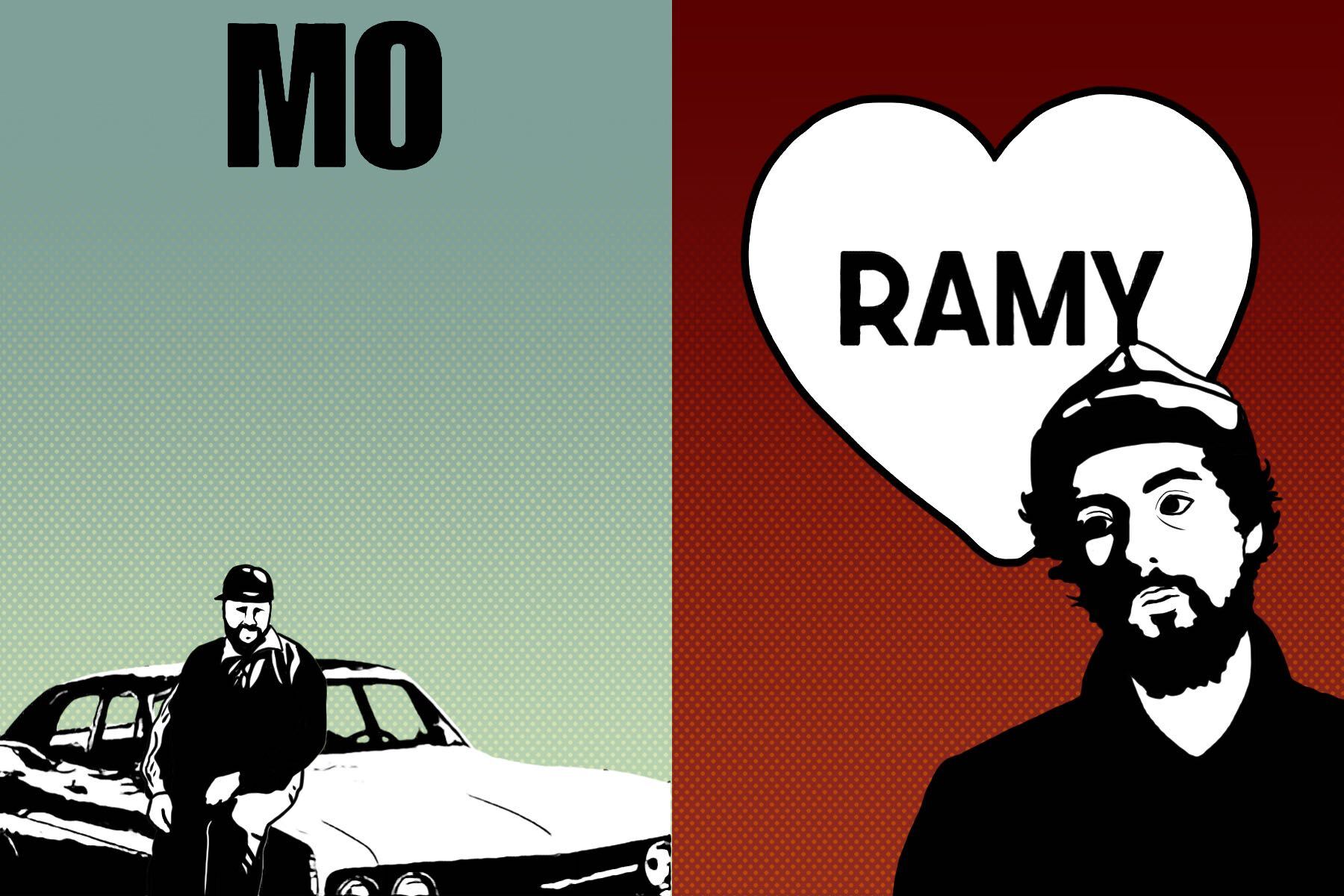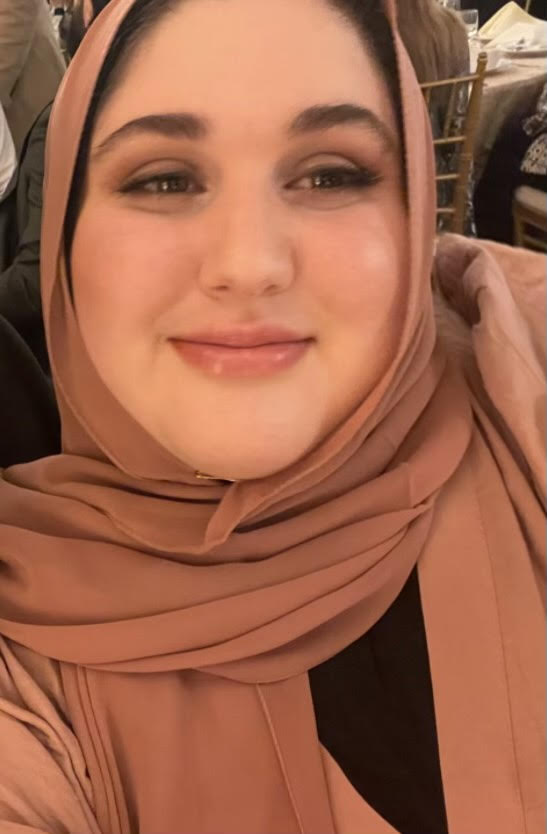Minority groups need representation in mainstream entertainment. People of color oftentimes rejoice when popular shows or movies feature racial and ethnic minorities in major roles. Muslim Americans are no different. Many people consider “Ramy” a TV show with solid representation of the Muslim American experience, which, in tandem with the newer show “Mo,” offers a new perspective in the television landscape.
While the United States contains over 3 million Muslims, they are rarely represented in entertainment. Even when they are represented, their character arcs are usually short-lived, and audiences rarely get to see a deeper backstory that would do the character justice.
For example, the character of Dr. Qadri in the medical drama “Grey’s Anatomy” spanned three seasons, but the audience didn’t get to hear much about her backstory or the life events that led her to intern at Grey-Sloan Memorial. And when a backstory is provided for a Muslim character, it’s often stereotypical and portrays a young Muslim who feels oppressed by their faith or Muslim parents. Oftentimes, the character is simply waiting to be saved by non-Muslims or craving a life free of Islamic ideals. Such cases rarely depict a decent balance of religious piety and assimilation into American culture.
Many Muslim Americans have long desired proper representation in TV and film. While they don’t care to see a character who lives a life full of sin and totally disregards their faith, they also don’t necessarily want to see a character who is unrealistically perfect in their practice of Islam.
“Ramy,” a show that premiered on Hulu in 2019, seems to strike a nice balance between the two extremes. Ramy is a young Muslim man who struggles to reconcile his Muslim and American identities. Though he considers himself to be Muslim, he very clearly struggles to follow the rules of his faith and does things that conflict with the God-consciousness encouraged in Islam. He engages in pre-marital sex and is sometimes selfish and self-pitying. When he prays his five daily prayers, he’s easily distracted by his surroundings and responds to people when they talk to him, both things that invalidate the prayers, which require deep focus. Despite his religious faults, Ramy expresses a desire to become a better Muslim. Many Muslim Americans can relate, as they often find that their identities can easily clash.
Ramy’s relationship with his family is a dynamic that is familiar to many viewers. His family members consider themselves Muslim but are more or less assimilated into American culture. Some of them are almost completely removed from their Islamic identity, particularly his dad, Farouk, and his sister, Dena. Dena is seemingly non-practicing, and Farouk tries his best to fit in with his non-Muslim colleagues, even going so far as to accept alcohol while at dinner at his boss’s house.
The characters in “Ramy” also have a clear religious dimension. While almost every character has moments of impiety, they still reveal parts of themselves that reflect their deep-seated familiarity with and dependence on their faith and culture. For example, while on a trip to Atlantic City with Ramy, Ramy’s two Muslim best friends attempt to make up for their night of sin by virtually attending Umrah (a religious pilgrimage to Mecca) using VR goggles. Though the scene is wacky and a little surreal, it’s representative of how people who engage in sinful activity will come up with their own ways to reconcile their varying identities and repent.
We also see something similar in Dena. While she is non-practicing, she seeks help from a Muslim psychic when she fears that someone may have cast the evil eye on her because she posted on Facebook about winning a scholarship. Even though she dismisses the idea early in the episode, she still relies on religion to help her in a time of desperation. This sentiment is something that many lapsed Muslims can empathize with and understand, with the fear of the evil eye being a particularly good example.
The show “Mo” came out on Netflix in August, and it is arguably the second-most refreshing TV show for Muslim Americans after “Ramy.” “Mo” follows the journey of a young Palestinian man (Mo) who immigrated to the United States from Kuwait as a child. Within the show, his family has fought for permanent U.S. citizenship for over 20 years. Mo is similar to Ramy in that while he identifies as a Muslim and practices, some aspects of his life still fall short of total religious piety. He also drinks alcohol and engages in pre-marital sex with his longtime Catholic girlfriend.
However, Mo is seemingly more certain in his faith than Ramy and confidently talks about his Muslim identity. This is particularly apparent when he resists his girlfriend’s pleas to attend church with her and visibly expresses guilt for his sins. While he does struggle with obstacles in his personal life, the obstacles don’t necessarily appear to be linked to his Muslim identity. They are more so connected with his difficulty finding lawful work due to his immigration status, familial struggles and long-term grief over the death of his dad.
“Ramy” and “Mo” offer perspectives on life that so many Muslim Americans almost never get to see represented on television. While these stories are relatively new to television, they are common experiences for Muslims living in America. The shows offer a refreshing change from what we usually see from Muslim characters, who often don’t get nearly enough screen time and have little depth to their personalities and backgrounds.
As well as being a nice change from what we’re used to seeing, the shows are also regarded as valuable entertainment for viewers. The series are perfect for Muslims who appreciate their religion but also like a good laugh and nuanced, realistic representations of different Muslim Americans. “Ramy” and “Mo” provide many Muslim Americans with an outlet to feel understood and seen as people who love their faith dearly but still struggle to grapple with their identity.
















